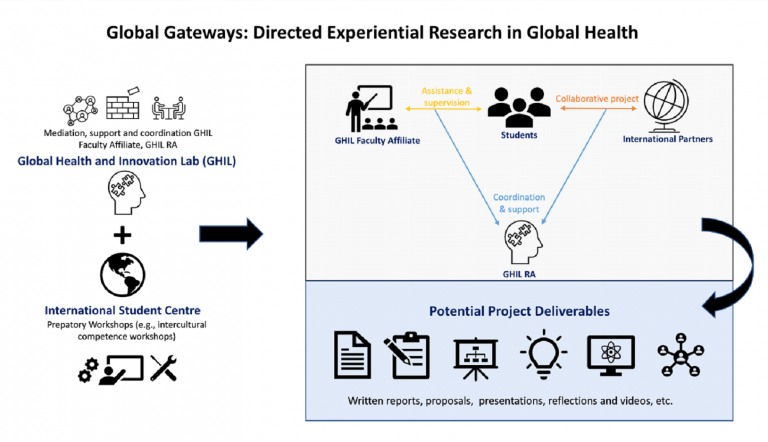The Global Classroom
About the Global Classroom
The Global Classroom (GC) offers an accessible way to internationalize teaching and learning experiences by combining cross-cultural collaborations with technology. Additionally, they enable faculty and instructors to work closely with peers abroad. GCs benefit students and organizations in participating regions by offering a cost-effective complement to student mobility, as well as creating pathways to international exchange and study abroad. The goal is to leverage existing technology and strengths within the GC collaboration. The nomenclature of “Global Classroom” is intentionally open to allow for variations and approaches that are discipline, regional, and challenge specific.
The Global Classroom has enabled us to learn and teach in nations thousands of Kilometres away...
Global Classroom Variations
Agricultural Interventions in Nigeria
Food security is arguably the most important determinant of health and well-being, and yet in many areas of the world there are profound challenges to achieving it. Food sovereignty – the right of peoples to healthy and culturally appropriate food, and to self-determined food production – has an important and complex relationship with food security. Using theoretical readings and a case study in partnership with middle schools in Abuja Nigeria, this global classroom will examine these concepts and the challenges faced by communities in achieving them. One variation was conducted in a upper-year undergraduate course, where students were tasked to create a response to the nutrition transition in sub-Saharan Africa in collaboration with an expert from Nigeria, Tanzania, Uganda and Kenya, who were affiliated with different agricultural organizations within their nations.
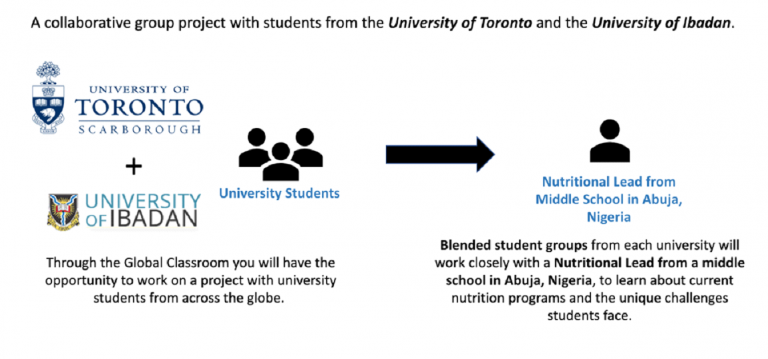
School Nutrition in Nigeria
This Global Classroom initiative involves a collaborative project with students from the University of Toronto Scarborough and the University of Ibadan. For this project, blended student groups from each university, worked closely with a key person from eight middle schools in Abuja, Nigeria to learn about current nutrition programs and the unique challenges students are facing. The goal of this project was to create a response that aimed to address a nutritional challenge or goal considering the negative health impacts of the nutrition transition, for a middle school in Abuja, Nigeria.
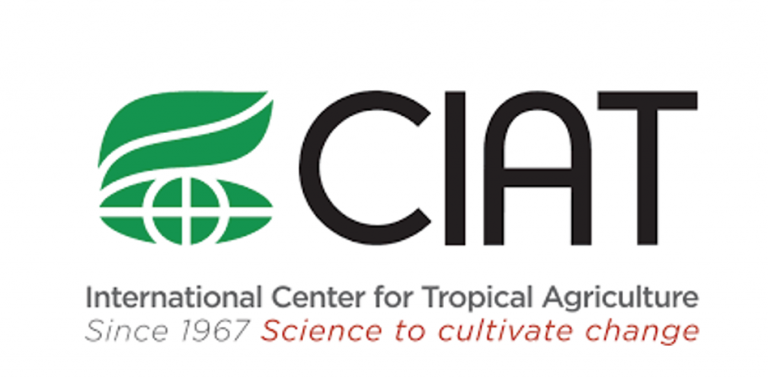
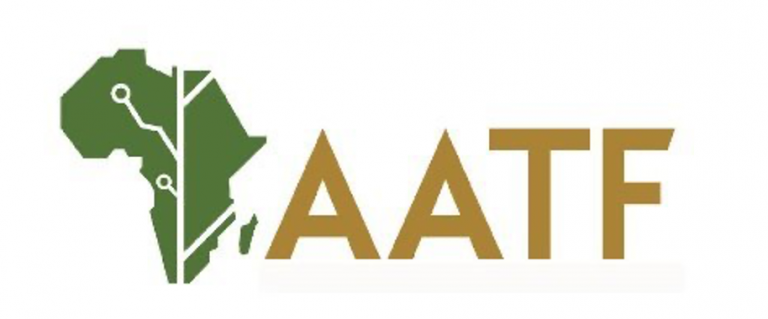
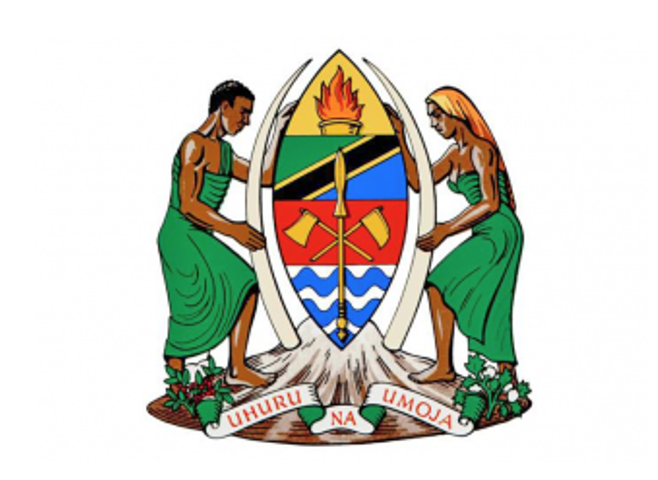

Global Gateways
This new program is intended specifically for upper-year undergraduate/graduate international students interested in pursuing an independent study related to global health. It is designed to permit an intensive examination of a global health issue with an international stakeholder. Supervision of the work is arranged by mutual agreement between the student, the Global Health and Innovation Lab (GHIL) , GHIL Faculty Affiliates, and the international stakeholder. Frequent consultation with the international stakeholder and GHIL Faculty Affiliate is necessary. The project will culminate in a written report with potential for publication. So far, our lab has facilitated numerous partnerships with institutions and stakeholders in sub-Saharan Africa.
